How a Unique Community Initiative Is Bringing Down Farmer Suicides in Distress-Hit Vidarbha
A community initiative in Vidarbha, a region known more for farmer suicides than the fine quality cotton it grows, VISHRAM has seen an effective reduction in suicidal behaviour, besides increasingly encouraging people to seek professional help for depression.
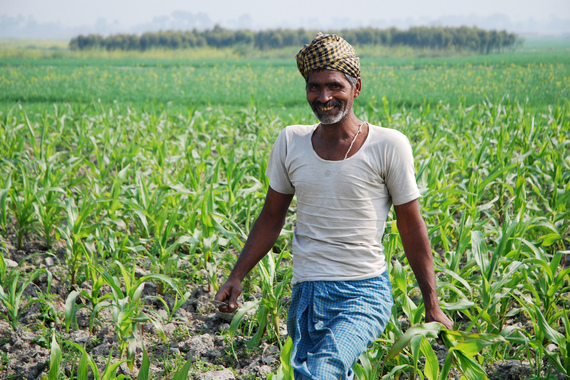
“If only I knew, I would have talked him out of it. He did not look normal and we had hardly talked in the days before he died,” says a farmer’s widow in a remote village in Maharashtra’s Amaravati district.
Unable to repay the debt he had taken, let alone the interest that had accumulated on it, her husband committed suicide some time back. For a long time, he was under tremendous stress but did not share it with anyone, not even his wife or children. And one day, he killed himself.
This is not a lone incident of its kind. It is the story of thousands of farm widows in Vidarbha region — now known more for farmer suicides than the fine quality cotton it grows.
In recent years, however, a community initiative called Vidarbha Stress and Health Programme (VISHRAM) has seen an effective reduction in suicidal behaviour, besides increasingly encouraging people to seek professional help for depression.
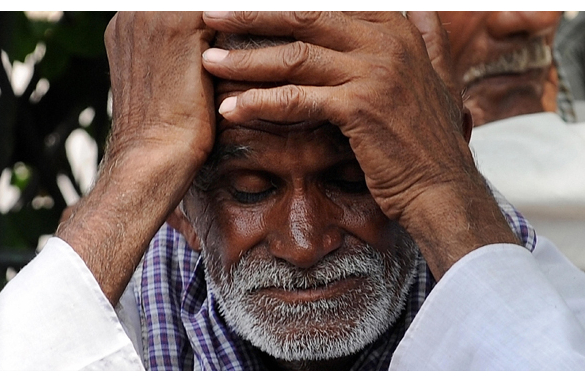
Photo Source
Suicide and mental disorders are major public health problems in India. According to the National Crimes Records Bureau, nearly 1,000 farmers ended their lives every year in the Vidarbha region since 2001, though several experts put the figure much higher, as many cases do not even get reported. The report also mentions that the causes of suicide are multi-faceted, like gender disadvantage, caste discrimination and debt.
However, the most important individual level determinant is mental disorder. By far, the most common mental disorders that contribute to this risk are stress and depression, which can be a result of a range of social and health factors, especially in rural communities.
In addition to mental disorders being a cause of suicide, they are also a consequence; family members, including children, often experience severe emotional difficulties and mental disorders in the aftermath of a suicide. Also, when farmers commit suicide, the burden of supporting the families shifts on women. Unable to deal with such situations, women and children are automatically pushed into the high-risk group.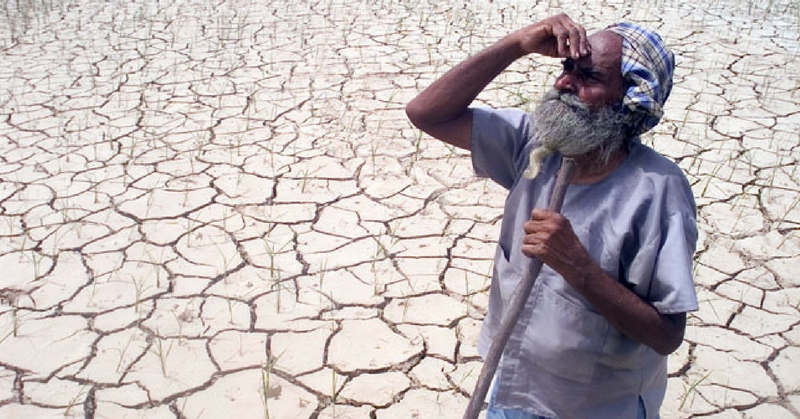
Photo Source
It is this population that Project VISHRAM has been silently aiming to target since the past two years. Led by Indian psychiatrist Professor Vikram Patel (winner of the Pardes Humanitarian Prize), Vidarbha Stress and Health Programme (VISHRAM) is a 4-year community-based programme for the promotion of mental health awareness, prevention of psycho-social distress and management of mental disorders in agricultural communities in the Vidarbha region. While in Amaravati it is being implemented by Prakriti, in Wardha, it is being run by Watershed Organisation Trust with technical support from Sangath.
Launched in 2011 in Nagpur, VISHRAM aims to understand the mental health needs of rural communities in Vidarbha, train human resources for improving mental health awareness and delivering community-based mental health interventions, and ultimately improve the coverage of mental health services for common mental disorders, alcohol use disorders and childhood mental health disorders.
Under the initiative, in each village, one person is identified as a community health worker who acts as the first point of contact and helps to identify people with symptoms of mental disorders, even if it is just stress or depression. Many of these community health workers are Accredited Social Health Activists (ASHAs), who are trained to detect such people and persuade them to visit the outreach clinics. These outreach clinics are run by the organisations in collaboration with either district hospitals or private hospitals that send psychiatrists.
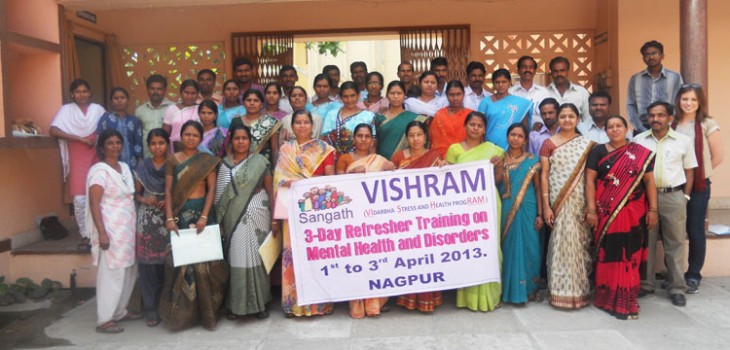
Photo Source
Also, with help from ASHAs, it is easy to link patients with the District Mental Health Programme (DMHP) being run in government hospitals. ASHAs also organize and conduct mental health awareness programmes that include distribution of IEC material, street plays and informal interactions with women’s groups and free distribution of medicines. The initiative now plans to involve schools in identifying children with such symptoms by training teachers.
Over the past two years, VISHRAM has mobilised self-help groups and village leaders for early detection of mental disorders with focus on affordable, home-based care. More than 1,000 small group meetings were held over the 18 months. First aid for mental health was provided to 1,441 individuals with psycho-social distress. More than half of these people (793) were referred to counsellors while patients with severe mental illnesses like schizophrenia were referred to Datta Meghe Institute of Medical Sciences and Hospital for treatment.
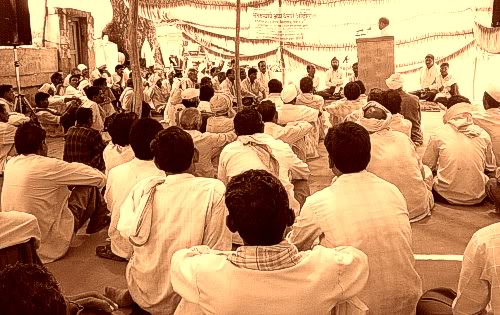
Photo Source
However, there is a huge drop-out rate as patients resist coming to clinics for the fear of stigma and even stop taking medicines once they show signs of improvement. Also, the issue of mental health is so sensitive that it takes lot of time and persuasion to make people talk about it. This continues to be a huge challenge.
Nonetheless, the efforts of the initiative are already bearing fruit. Reputed international medical journal The Lancet found that after 18 months of the VISHRAM programme, suicidal behaviour in the 30 selected villages came down by 50 percent, and people seeking healthcare went up six fold: from 4.3 percent to 27.2 percent. The prevalence of depression also fell from 14.6 percent to 11.3 percent.
Photo Source
VISHRAM is the first program in the Vidarbha region to have shown an impact not only on the increasing demand for care for depression but also a concomitant reduction in suicidal behaviour. A cost-effective and efficient model that shows how a massive treatment gap in mental health can be reduced, experts believe that VISHRAM can be and should be scaled up and implemented in different distress-hit pockets of India with government help.
This is significant in view of the findings of a recent national mental health survey that showed that nearly 20 million adults were living with depression and at least 90 per cent of them had not received any care in the previous 12 months.
Feature Image Source
For more details, click here.
Also Read: This Chemical Engineer Read One Story on ‘The Better India’ and Is Helping 10,000 Farmers Now
Like this story? Have something to share? Email: [email protected], or join us on Facebook and Twitter (@thebetterindia).
NEW! Log into www.gettbi.com to get positive news on WhatsApp.
This story made me
- 97
- 121
- 89
- 167
Tell Us More
We bring stories straight from the heart of India, to inspire millions and create a wave of impact. Our positive movement is growing bigger everyday, and we would love for you to join it.
Please contribute whatever you can, every little penny helps our team in bringing you more stories that support dreams and spread hope.



















